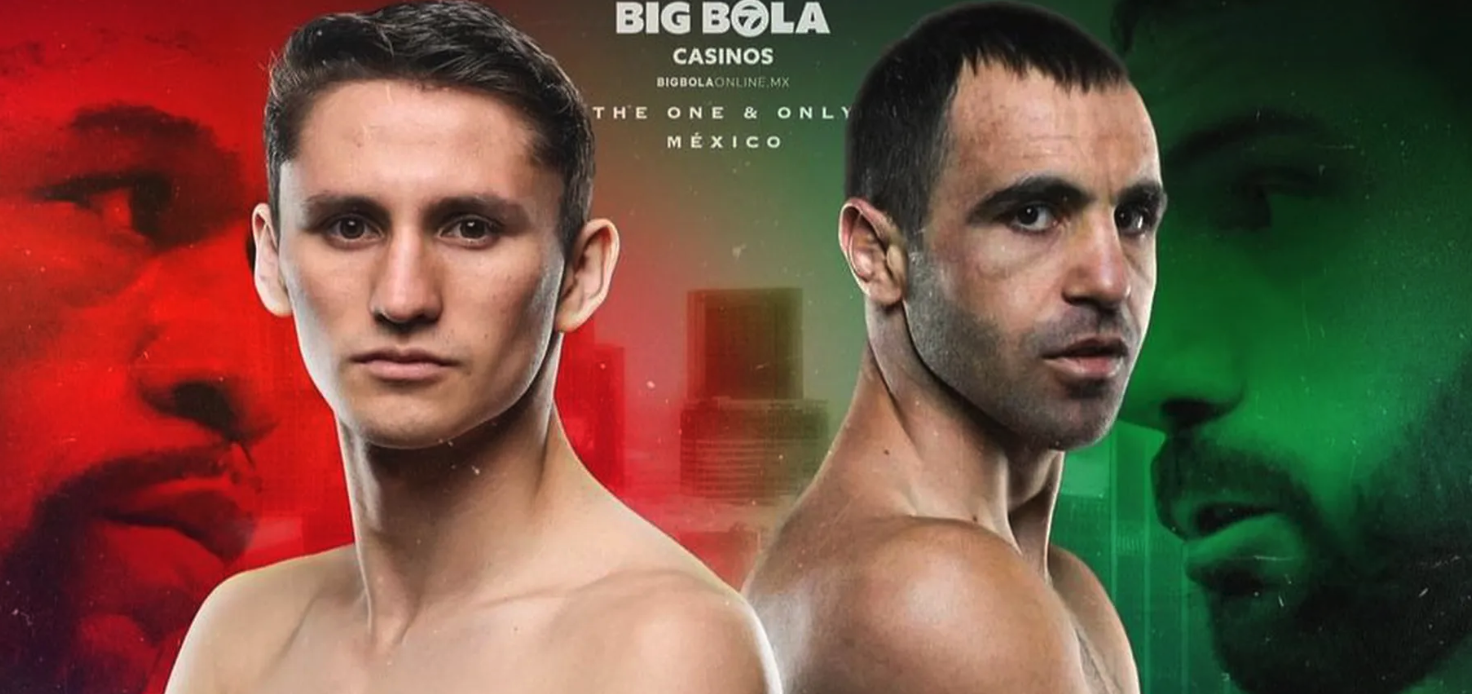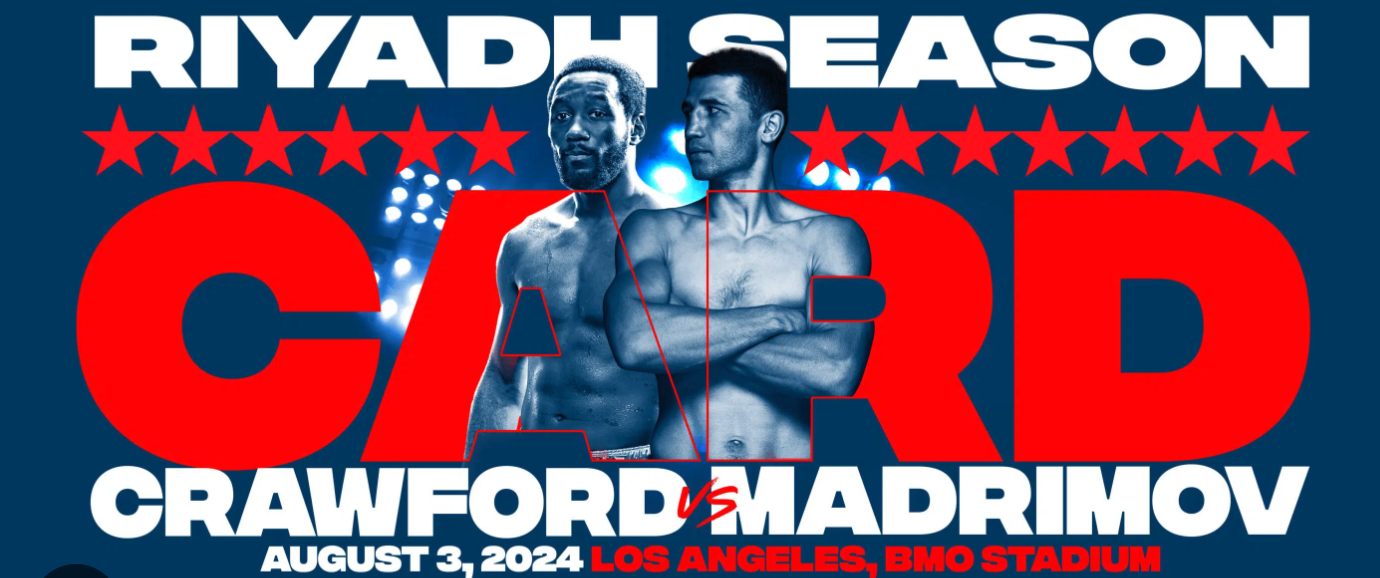Boxing’s Contributions to Casino, At-Home Fitness and More Surrounding Industries

When we think of the revenue that boxing generates, we tend to consider it directly. This means the money that goes towards winnings, betting on the games, and the stadiums which host the biggest tournaments. In reality, though, the monetary contributions to the global economy as influenced by boxing run far deeper and far wider.
For instance, any fan of pro boxing will tell you that some of the biggest matches are held in or near casinos, with Las Vegas being a particularly popular hotspot. Unsurprising, but often overlooked, is the fact that, following these matches, the popularity of casino services like Casinogods has seen significant growth. Whether slots, live casino games, or anything else, gambling as inspired by the location and betting on the game draws huge crowds to casinos.
The film industry is another arm of entertainment that has seen considerable attention from boxing as a whole, or its players and matches. The most famous franchise on this front is undoubtedly the Rocky series, which has brought in over a billion dollars in revenue over its lifecycle. While the star of these films, Sylvester Stallone, also found major success through Rambo, it was undoubtedly the Rocky series which most contributed to his current fortune.
On a similar front is the world of video games, which have also seen massive success by leaning on boxing's long legacy. Perhaps the most famous of these is Mike Tyson's Punch-Out for the NES, which launched back in 1987, at the height of Tyson’s fame and influence. It's still regarded as one of the best and most challenging boxing games of all time. Few ever managed to make it to the last level to face "the baddest man on the planet," and fewer still even lasted a single round.
Finally, we come to the industry which has seen the greatest booms through major boxing matches; the exercise industry. Many of today's biggest names in boxing speak of being inspired by watching the greats on television. This inspiration would go on to encourage involvement with boxing gyms, professional coaching, and, eventually, the mainstream boxing industry.
The other side of this equation comes from the far lesser-known world of general health and fitness. Boxing gyms, for example, are a consistently popular way in which fans get engaged in the sport, even if they have no interest in participating in a professional or even amateur way.
This extends to even basic at-home exercise, where untold pieces of equipment and exercise plans are bought following inspiration from professional matches. While such economic benefits are nearly impossible to quantify, we can at least speak from personal experience when we say that such inspiration is more common than many might think.
As an industry and as a sport, boxing is a sport that captures the spirit like few others. From the early days of prize-fighting to the art form it has become today, it's an industry where the very best are as much gladiators as they are ambassadors.
As boxing continues to grow we have to wonder: Where else could its influence begin to reach, and how might it shape public health and consciousness going forward?








